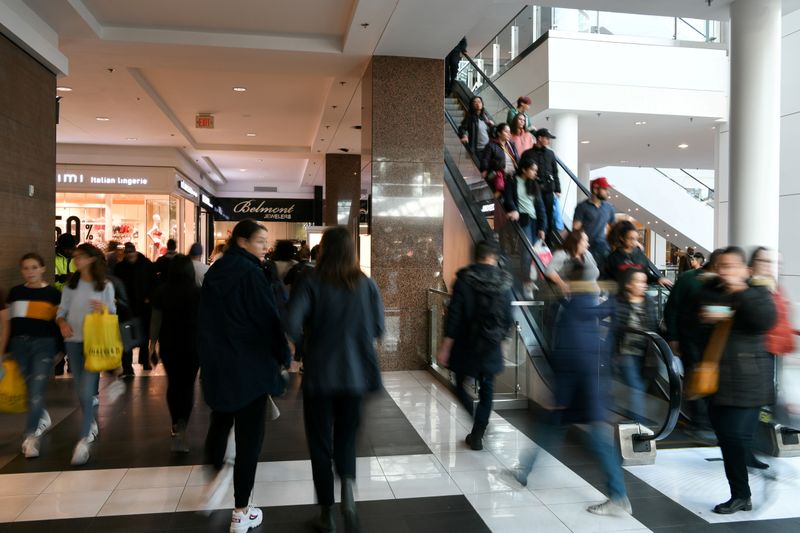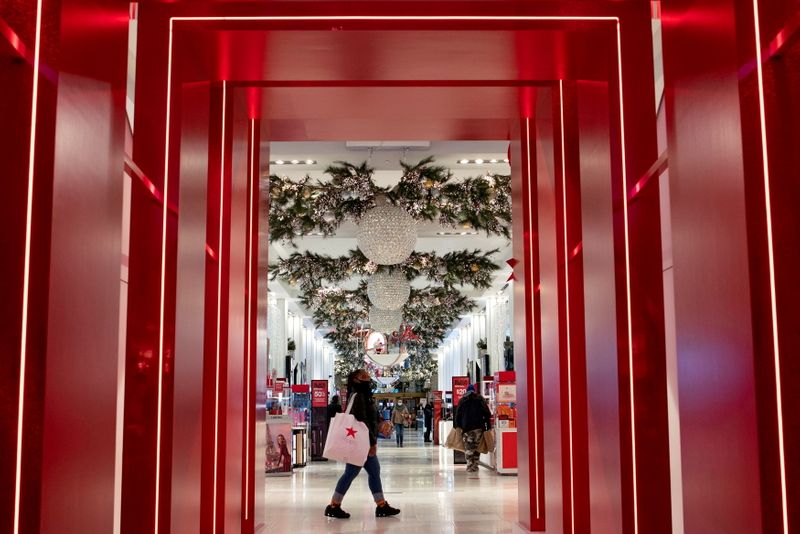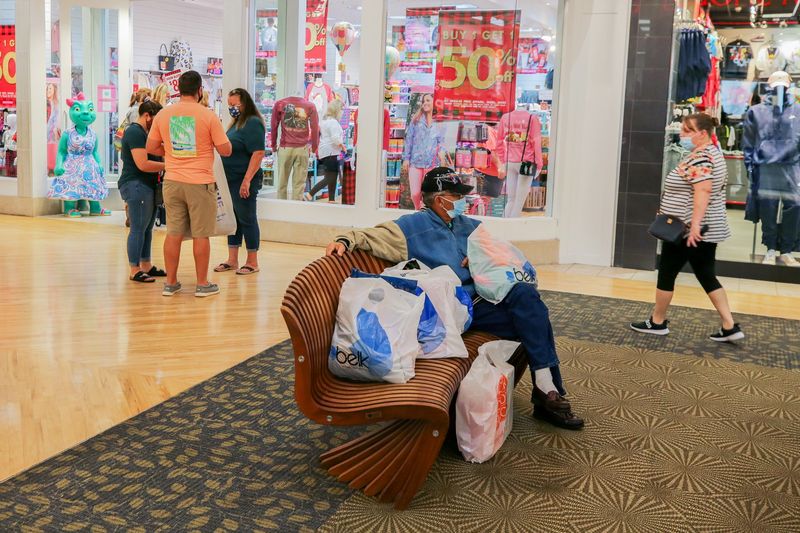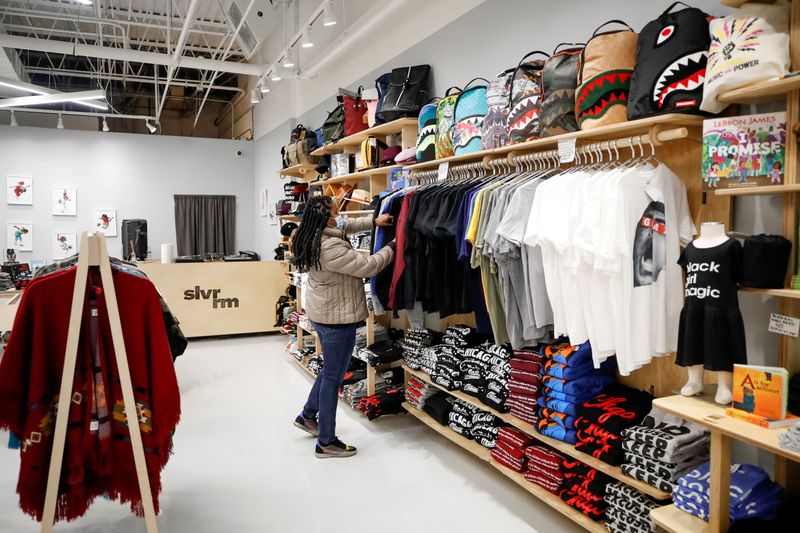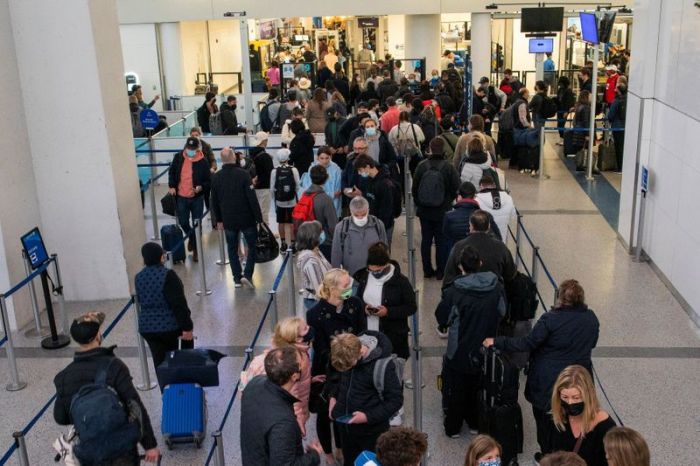NEW YORK (Reuters) – Investors are zeroing in on a number of hot retailers’ shares as the U.S. holiday shopping season kicks into high gear this week, weighing the potential for supply chain problems against expected strong consumer demand.
The day after the U.S. Thanksgiving holiday, Black Friday, has for years unofficially marked the start of the holiday shopping period and one of the busiest shopping days of the year.
But the ongoing coronavirus pandemic and its effect on supplies have likely driven shoppers out early, as evidenced by a recent Commerce Department report showing U.S. retail sales surged in October.
“We’re in a very different place now and for the last two years. Christmas is a four-month season, starting in October,” said Phil Orlando, chief equity strategist and head of the client portfolio management team at Federated Hermes in New York.
Among other trends, the Black Friday average promotional discount is lower than in previous years, according to data compiled by Refinitiv and StyleSage Co, a data analytics platform, suggesting consumers may not see the bargains they’ve seen before.
But analysts have become more bullish on the holiday shopping season, according to data polled by Refinitiv, which noted that discounters, home furnishing and home improvement companies are expected to see among the strongest same-store sales growth.
Many retailers have outperformed the broader market this year. An S&P retail exchange-traded fund is up 54% since Dec. 31, compared with about a 25% gain in the S&P 500 year-to-date.
Refinitiv pointed to a number of companies facing “difficult comparisons” in the fourth quarter versus a year ago, when sales were strong, but that still have upbeat forecasts for this quarter, including Crocs Inc, Williams-Sonoma, Lowe’s Cos, Home Depot, Lululemon Athletica, and Target.
“Last year they knocked it out of the park, and you’re still seeing strong numbers, which suggests that strength and demand for the products are holding up very well,” said Jharonne Martis, director of consumer research at Refinitiv.
Among the retailers with the best year-to-day gains are Bath & Body Works, Tractor Supply Autozone and Etsy.
Graphic: Retail performance YTD – https://graphics.reuters.com/USA-HOLIDAYSHOPPING/SHARES/dwvkrewkqpm/chart.png
Recent earnings reports from retailers have cited problems with supply disruptions and strategists say inventory levels could be a problem for some retailers this shopping season.
This week, Gap Inc. lowered its full-year forecast amid supply chain disruptions including factory closures, and its stock plunged about 23% on Wednesday.
Last week, Walmart Inc raised its annual sales and profit forecast but global supply-chain disruptions hit its margins in the third quarter.
Online spending will be strong again this holiday season, the Refinitiv analysis also showed, so all eyes will be on Amazon.com.
“Online is going to rule the day,” Orlando said, and he said overall the companies that are likely to do better this season are the ones that have been able to find a way around supply logjams, such as Amazon, and possibly Target, Walmart and Costco.
Shares of big department stores that typically draw heavier traffic during the holidays also will be closely watched, including Macy’s, Kohl’s and Nordstrom, as well as companies with consumer brand favorites, like Apple.
Macy’s signaled last week that it was well stocked for the holiday season.
(Reporting by Caroline Valetkevitch; Editing by Alden Bentley and Nick Zieminski)

